Stuck last
Divorce divides siblings as well as parents
November 26, 2016
I’m eating at the table. It’s the first day of first grade, but I can’t get my head in the game. It’s my favorite meal, toaster squares, but all I am able to think about is the conversation my parents had been having for the last few days. A simple disagreement escalated into a full-blown altercation. Seeing anger and hatred shared between people I love dearly left a knot of worry and fear in my stomach, one I have a hard time untying.
As I was growing up, it was evident that financial, political and moral differences had a driven a wedge between my family. Although unspoken at the time, I knew that my parents would one day be walking their separate ways. What I was not able to predict was being drawn into the middle of a mess that was neither of my choosing nor my fault.
Even though I was able to suppress the heartache it caused me for sometimes, a broadening gap between my siblings grew and grew as my parents enticed the kid they would want after they split.
My dad, an avid sports lover, and a general enthusiast of most “boyish” things loved to spend time with my brother, the firstborn son of the family. I have never been gifted athletically, so my hobbies were not often valued in the same way my brother’s were. He loved baseball. My dad loved that, admired that. I loved reading. My dad appreciated that, but the love and acknowledgement my brother received fostered jealousy inside me.
My mother loved us relentlessly. And even though her love was unconditional, her relationships were not. She wanted the storybook son. A romanticized envisioning of a baseball star, the all-American life I believe she wanted for herself. Like my brother, my sister got a love I longed for. My mother clinged to her delicately and extensively. I had to compete with her for acknowledgment. For a long time, this built a big wall between my siblings.
So there I was, stuck last. What was absolutely shaming was the objectification. As the years went on, the divide between us became more evident. When my parents got into an argument, I was the one left out of parent-child bonding, and they guilted each other using me. Even though there was an acknowledgement that I had been left out, I cannot recall regular recurrences where I was made genuine offers of love.
While my family turmoil remains greatly unresolved, the bond between my families (or lack thereof) has shaped my personality. For me, there is not much happiness in family, but there is a kind of love in surviving it.


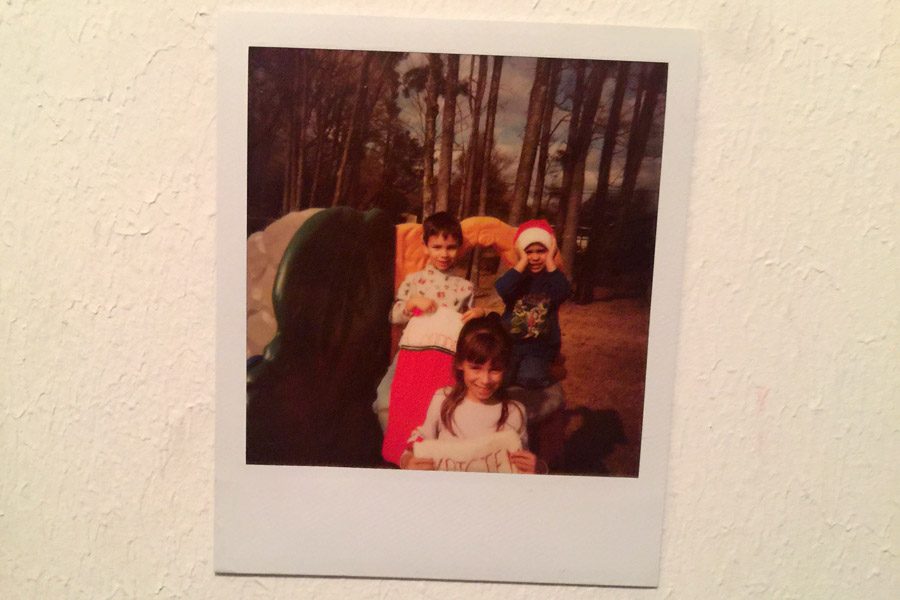










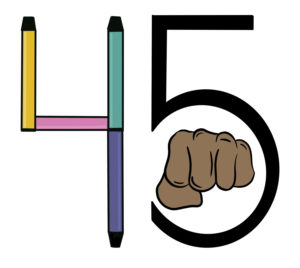



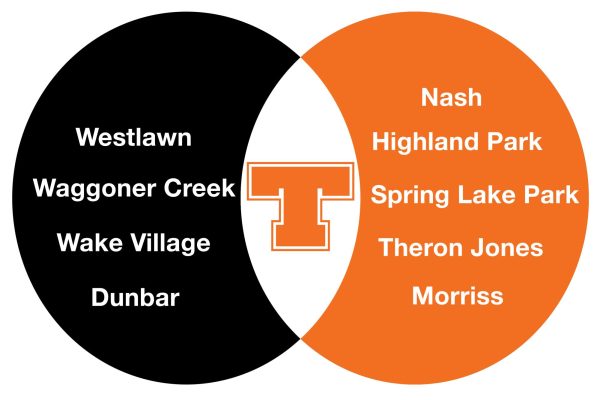
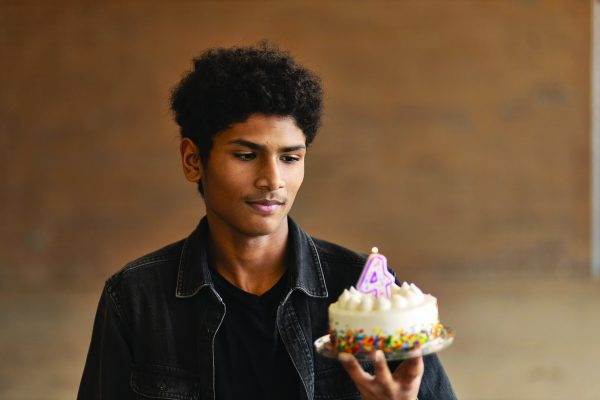
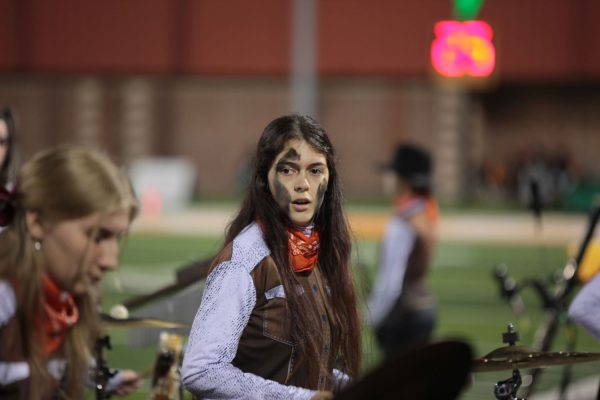

Eryn McDonald • Dec 2, 2016 at 9:11 pm
Craig I loved this story. You are so talented no matter what anyone says!